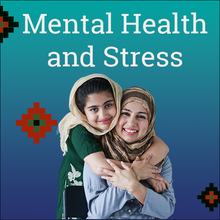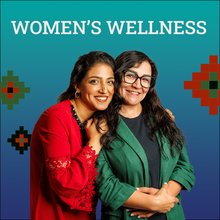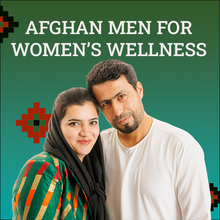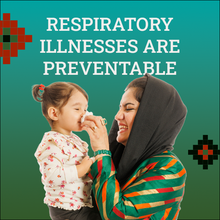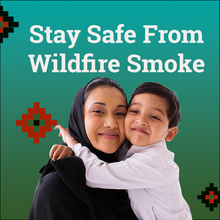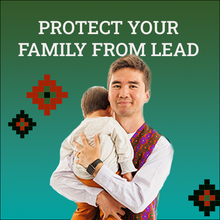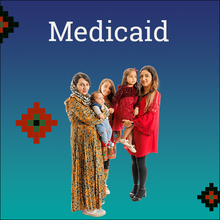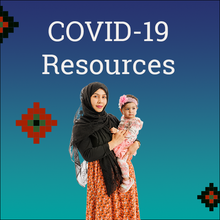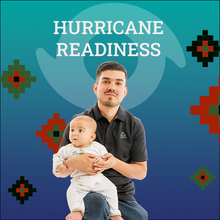
These collections of materials including fact sheets, posters, videos, audio recordings and other resources in English, Dari and Pashto supports the public health needs of Afghan new arrivals and the providers who serve them.
The health initiatives we have created to support Afghan Communities during their resettlement process are:
- Mental Health and Stress
- Women's Wellness
- Respiratory Illnesses
- Wildfire Smoke
- Lead Poisoning
- Sexual and Reproductive Health
- Medicaid
- COVID-19
- Summer Safety
- Hurricane Readiness
These collections were created in collaboration with the International Rescue Committee.
Mental Health and Stress
An important part of Afghans’ resettlement process is understanding and addressing mental health and social support needs. Culturally appropriate mental health and social support empowers Afghan newcomers to cope with challenges, rebuild their lives, and thrive in their new homes.
To ensure emotional wellness, we have created resources to support Afghans who may encounter linguistic, cultural, and logistical barriers when trying to seek help.
Afghan Men Supporting Women's Wellness
Afghan men are often involved in healthcare decisions with their wives or female family members. This version of our materials has been culturally validated to ensure relevance to this audience.
Respiratory Illnesses
Influenza (the flu), respiratory syncytial virus (RSV), the common cold, and COVID-19 are all respiratory illnesses. As we all work together to prevent illness over the fall and winter, there are prevention measures that can help keep Afghan newcomers free from hospitalizations and respiratory illness.
Wildfire Smoke
Outdoor air quality could be harmful following a volcanic eruption or a wildfire, or due to air pollution in general. It is essential to know what to do when the air quality is poor inside or outside. The United States Environmental Protection Agency list resources and other tools to help monitor outdoor air quality.
Lead Poisoning
The Lead Poisoning Collection includes practical resources to support organizations and individuals working to prevent and address lead exposure and poisoning among Afghan newcomers, including conversation guide, translated print materials, social media assets, text message templates, and audio and video PSAs.
What You Need to Know About Medicaid
A lot of the information about Medicaid and healthcare coverage can be challenging to understand and navigate. NRC-RIM, along with our partners at International Rescue Committee, created this conversation guide as a resource to help guide Afghans and newcomers to understand Medicaid and its benefits.
